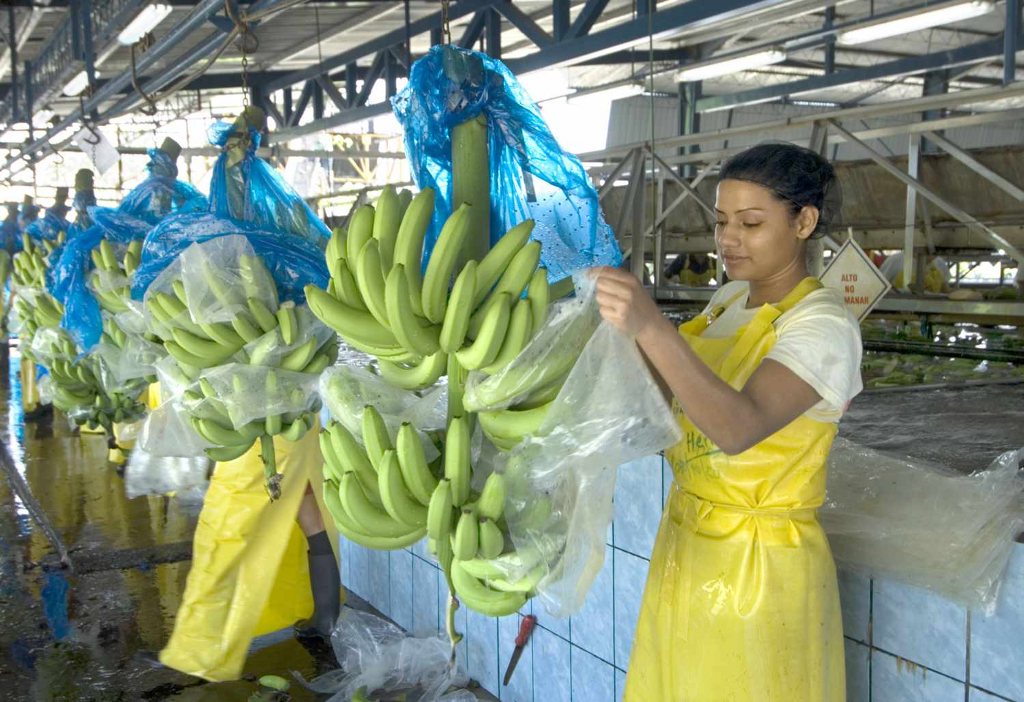QBLOGS — Pleasure Boat Studio, a prestigious literary press in Seattle, published Galya Gerstman’s second novel this month. It is an entertaining historical saga, but is garnering attention for the context it lends to the Israel-Hamas War.
I interviewed Galya, a contributor to Q Costa Rica, as well as a columnist at the Times of Israel, at her home in Santa Ana.
Galya, you’ve led quite a remarkable and singular life: Ph.D. from Columbia University in French Literature, you’ve lived in France and taught at Tel Aviv University; then you met your husband, a successful Tico businessman, and moved to Costa Rica to start a family and write. You’ve now been here 30 years this August, and your three children are in their 20s. With such a diverse background, how do you describe yourself when you meet people?
– Advertisement –
Galya Gerstman: I guess it depends on who’s doing the asking and which part of my life they would find interesting. That I am a writer? That I used to be a college professor? That I’m a mother to three grown-up children? I find that people from the States want to know your profession and which state you’re from. People in Costa Rica want to know where I’m from originally and what brought me here.
Mark Schreiber: Do you consider yourself American-Costa Rican? What do you call yourself?
Galya: I consider myself an American from the US, despite the fact that I’ve now lived in Costa Rica longer than I’ve lived anywhere else. I suppose it comes down to one’s childhood or formative years. Culturally, I am an Estadounidense: I still stretch out my hand when I meet new people; I still require an arm’s length of space when I talk to someone; I still don’t cut in line. You can take the woman out of the US, but you can’t take the US out of the woman!
Mark: Where did you get the idea for your latest novel, Daughters of Jerusalem?
Galya: My mother was born in Israel, then called Palestine, as was her father and his father before him for some generations. The stories she told about that area of the world were very exciting and exotic to a suburban girl from New Jersey such as myself. But the stories I found the most fascinating were the ones about her mother and grandmother—my grandmother and great-grandmother—who had emigrated from Serbia to Jerusalem at the turn of the previous century. These were tales so foreign to my own experience and thus so compelling that years later they had stayed with me. So I decided to write them down, and a book was born.
Mark: Because of this connection with Israel, how has the attack on 10/7 affected you?
– Advertisement –
Galya: The 10/7 attack was a traumatizing occurrence for the entire nation and continues to be so due to the over 100 hostages still in the hands of Hamas, the bombs still flying over the country, and the soldiers fighting and losing their lives in Gaza. And I don’t ignore the Gazan civilians who are just as devastated over the loss of lives, homes and livelihoods. As for those of us not in the midst of it, there is the resurgence of antisemitism worldwide that we have to deal with, as I have written about in my blog for the Times of Israel. Thankfully, I have not experienced this in Costa Rica, but I read about it resurfacing all over the world. Many seem to lay at the feet of Jews worldwide the blame for events going on in the Middle East.
Mark: As DOJ is an historical novel inspired by your family’s experiences, what do you think history can teach us about the current war with Hamas and the rise of antisemitism in the West?
Galya: The war with Hamas is a war of fanaticism, of an intractable hatred and an unwillingness to compromise. Hamas’s charter clearly claims that it does not accept the existence of the State of Israel nor the existence of any Jews in the Middle East at all. It is this kind of intransigence, similar to those Israelis who see no place for Palestinians in the region either, that leads to war. From the stories of my grandmother growing up in Jerusalem in the first half of the previous century, I saw that although there were episodes of strife and violence, nonetheless there was a sense of tolerance and acceptance as well. Jerusalem especially was a sort of melting pot, with people of diverse backgrounds, faiths and cultures forced to live with one another. Her stories demonstrated a certain appreciation and respect for the many types of people she came in contact with daily.
My grandmother learned Arabic, French, Italian, Greek. She learned how to make Moroccan and Turkish dishes. She learned about Muslim and Christian beliefs and rites. What my grandmother found exciting—this exposure to difference—has now become something reviled. It’s this sense of coexistence, of acceptance of the other, that has disappeared. And at such a cost.
– Advertisement –
Source link
Mark Schreiber



